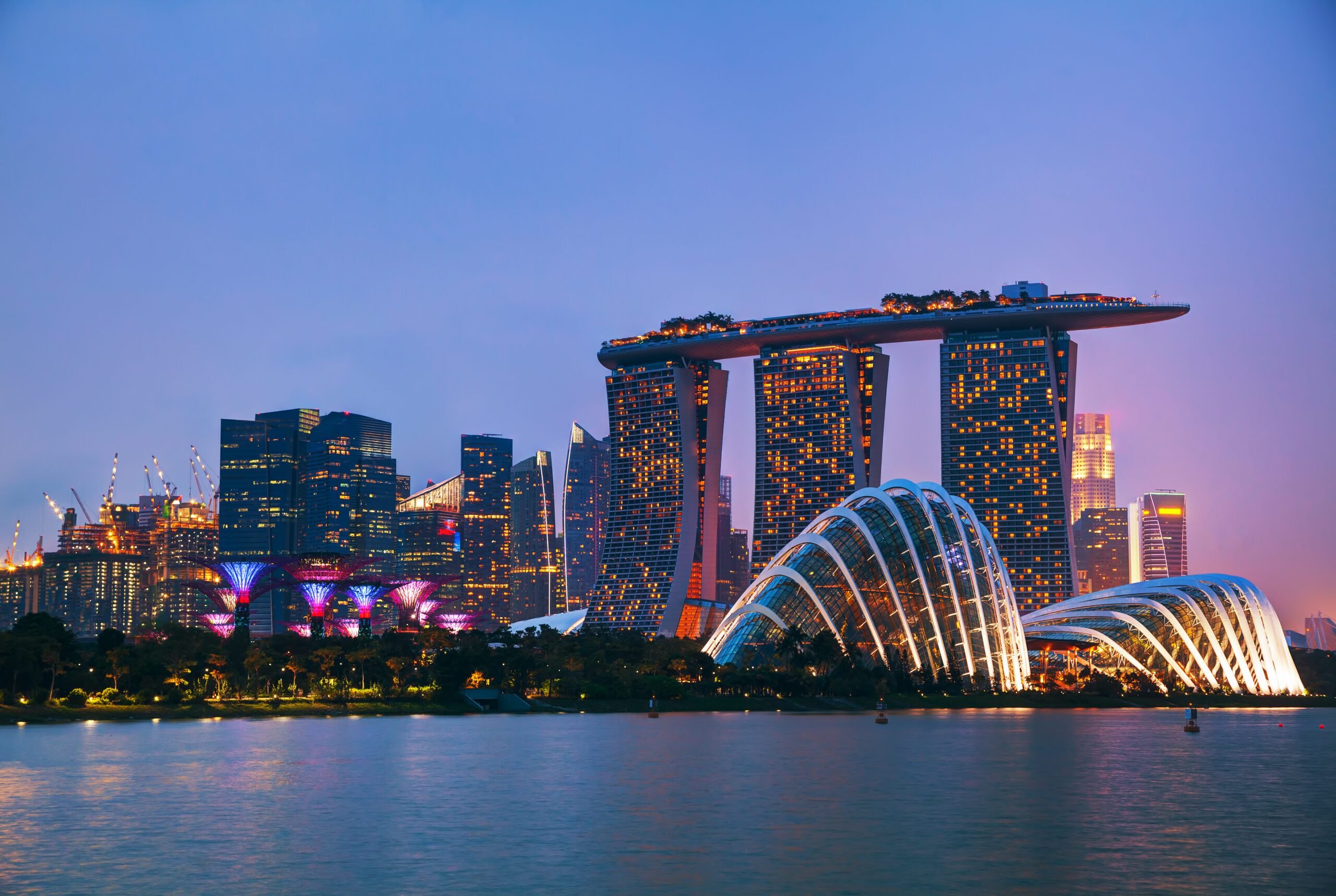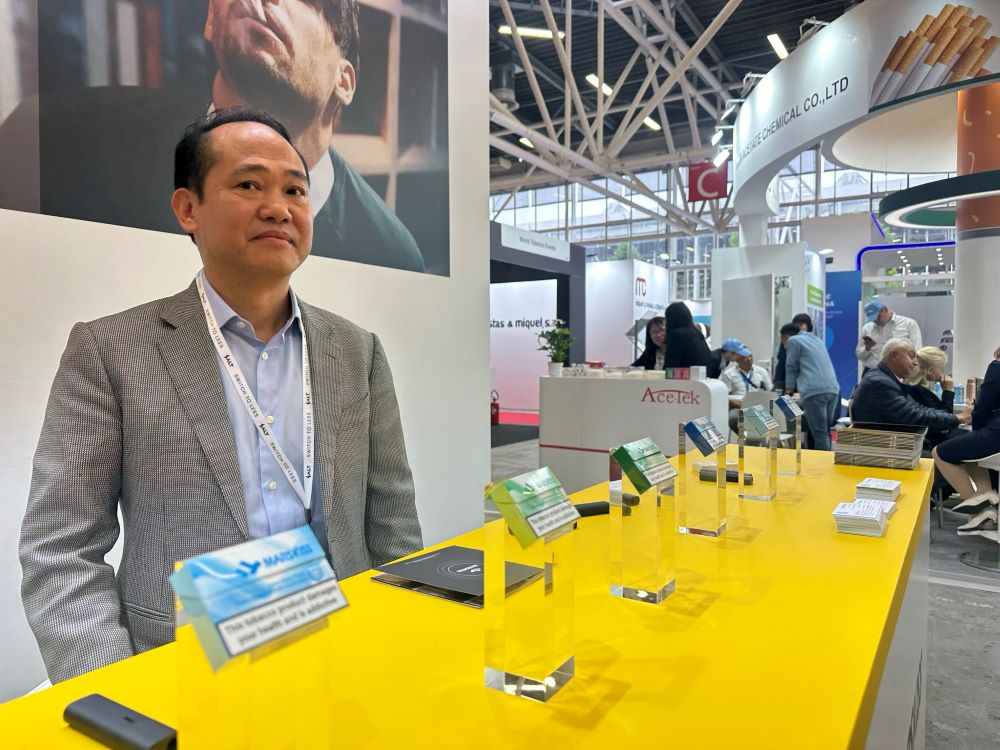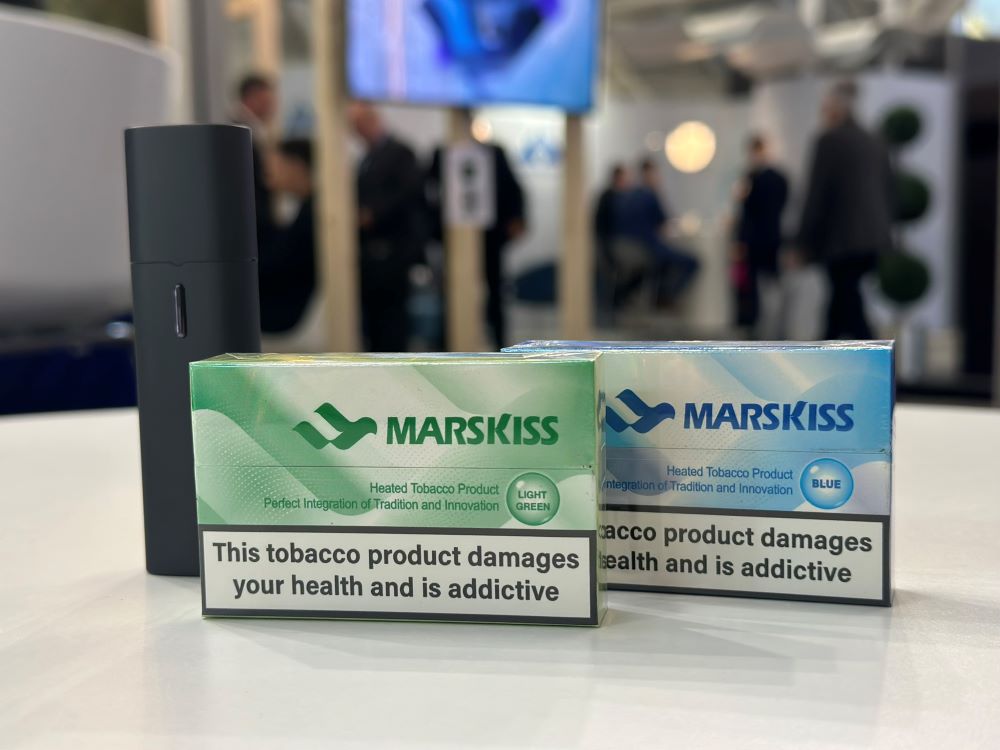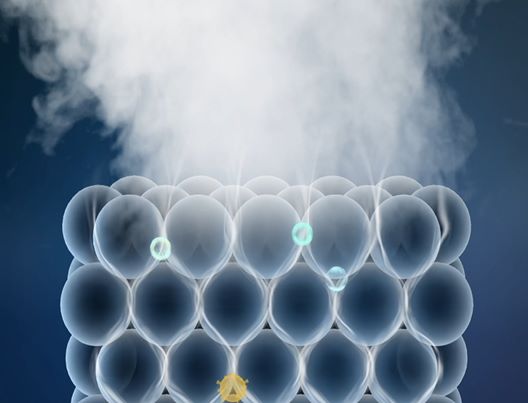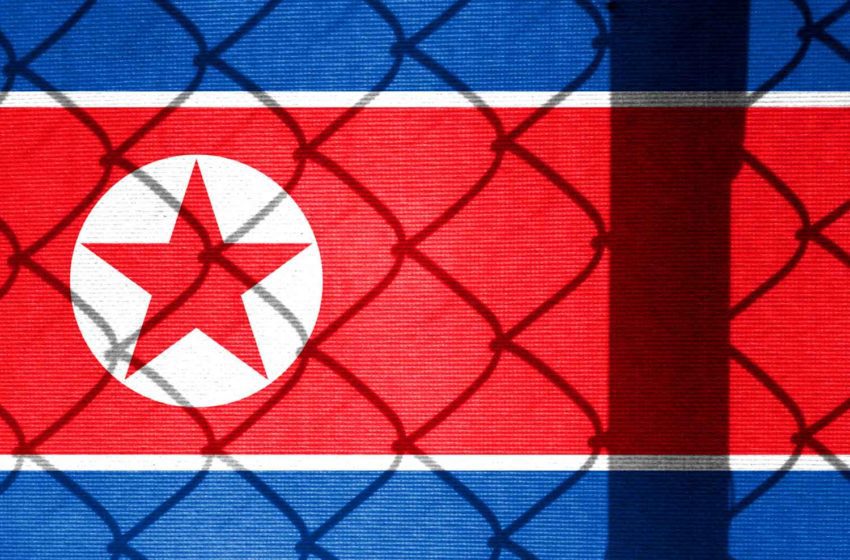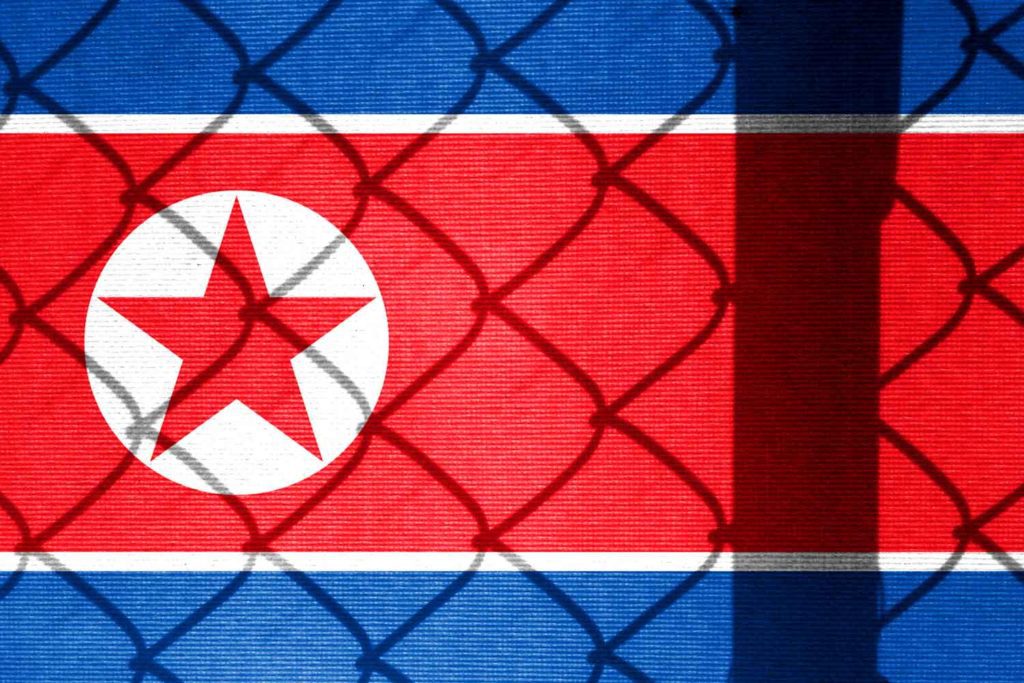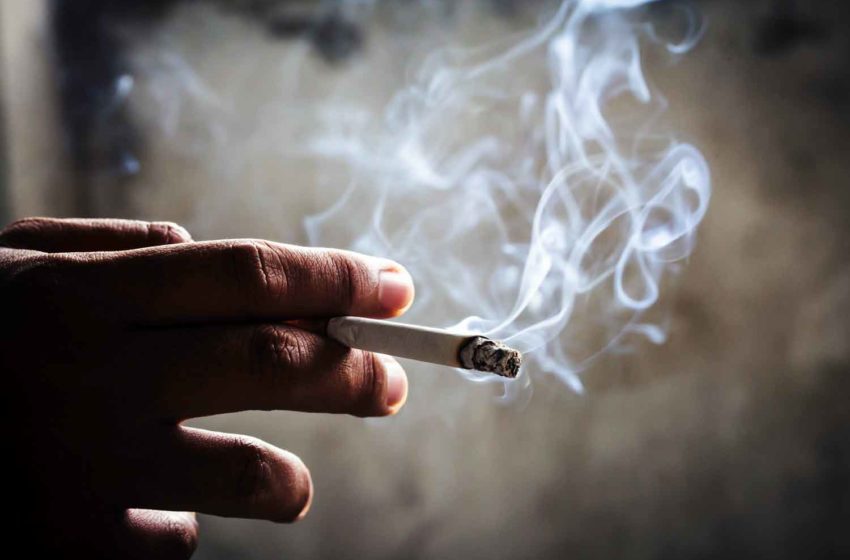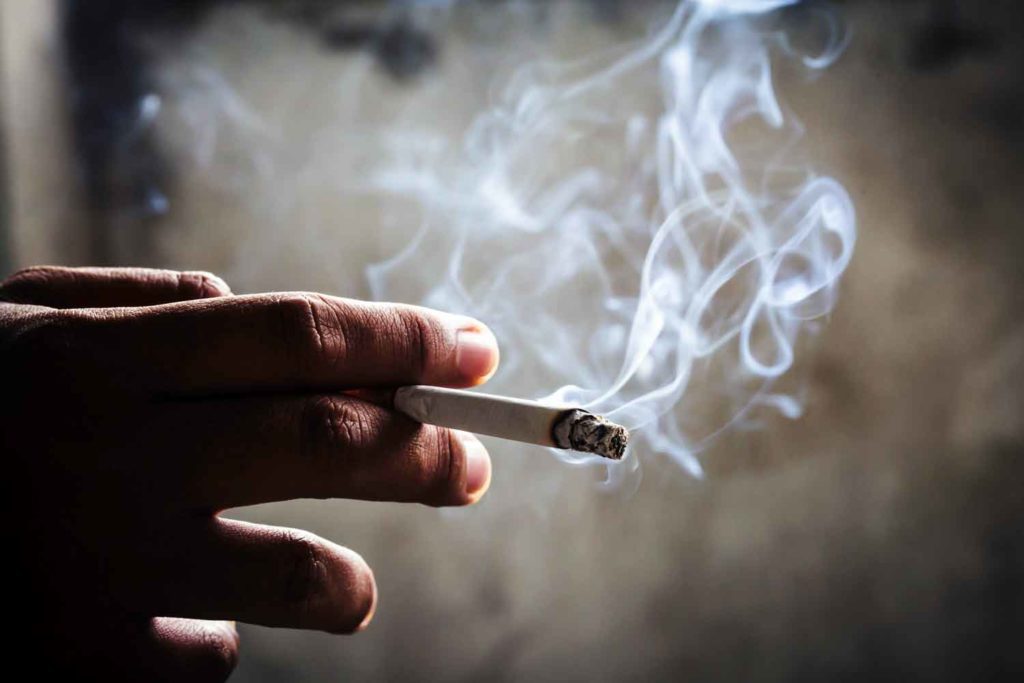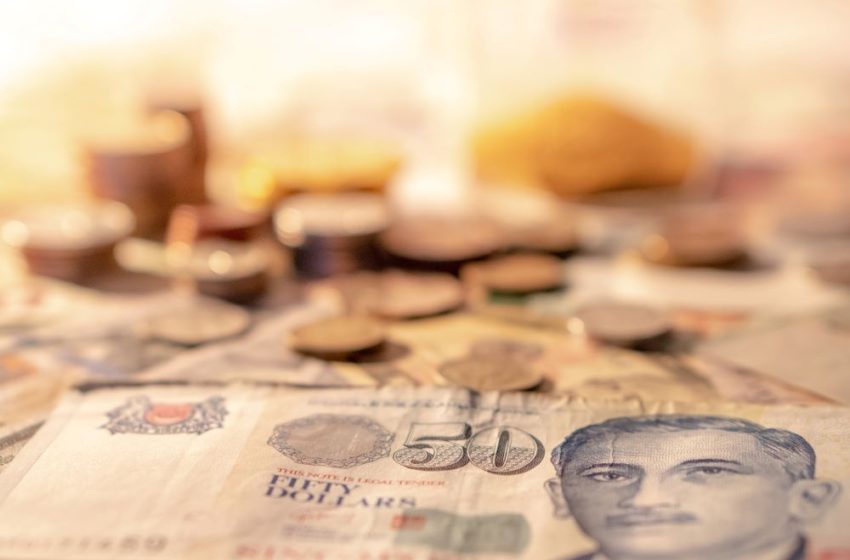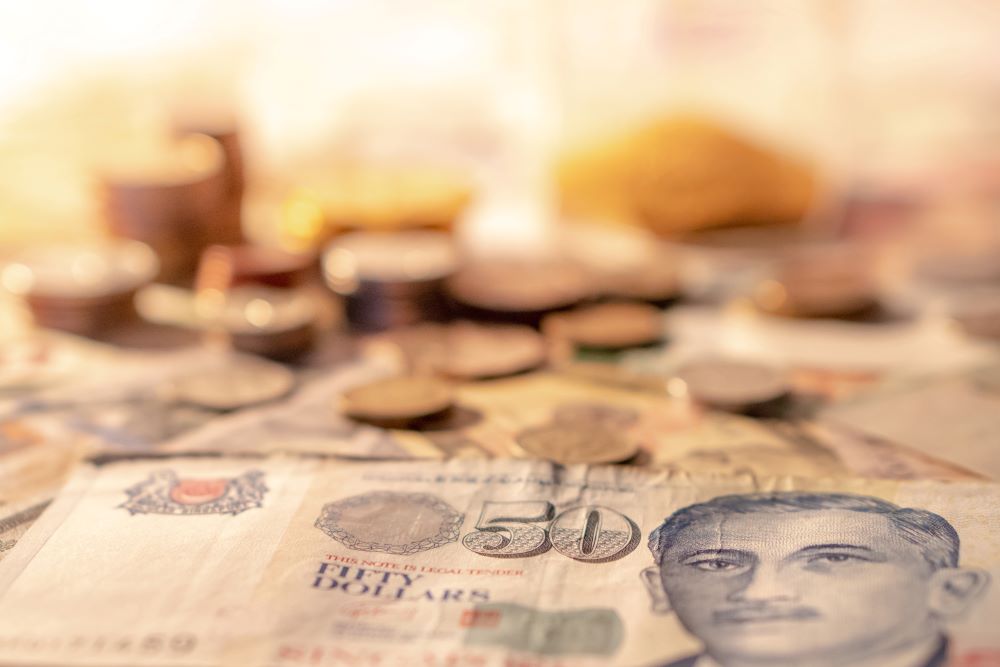
Singaporeans are smoking less but vaping more, reports The Straits Times, citing research by Milieu Insight.
The average number of cigarettes smoked per week fell from 72 sticks in the third quarter of 2021 to 56 in the fourth quarter of 2023.
Over the same period, consumption of alternative products like e-cigarettes and vaporizers increased from 3.9 percent to 5.2 percent of the population.
Milieu Insight attributes the gradual decline in cigarettes smoked per week observed since the second quarter of 2022 in part to an increase in proportion of occasional smokers as compared to regular smokers over this period.
Conducted from Dec. 16 to Dec. 29, 2023, the survey found that the proportion of occasional smokers had increased by 1.2 percentage points to 3.2 percent, from the third quarter of 2021 to the last quarter of 2023. There was also an increase in the number of former smokers over the same period.
Vaporizers and e-cigarettes have been outlawed in Singapore. Among the reasons cited for their vaping, respondents said they wanted to reduce secondhand smoke and lessen their consumption of traditional cigarettes. The World Health Organization, however, has rejected the products as a cessation aid.
In December 2023, Singapore’s Ministry of Health and the Health Sciences Authority announced that they were stepping up enforcement and education efforts against vaping to prevent it from gaining a foothold in Singapore.





